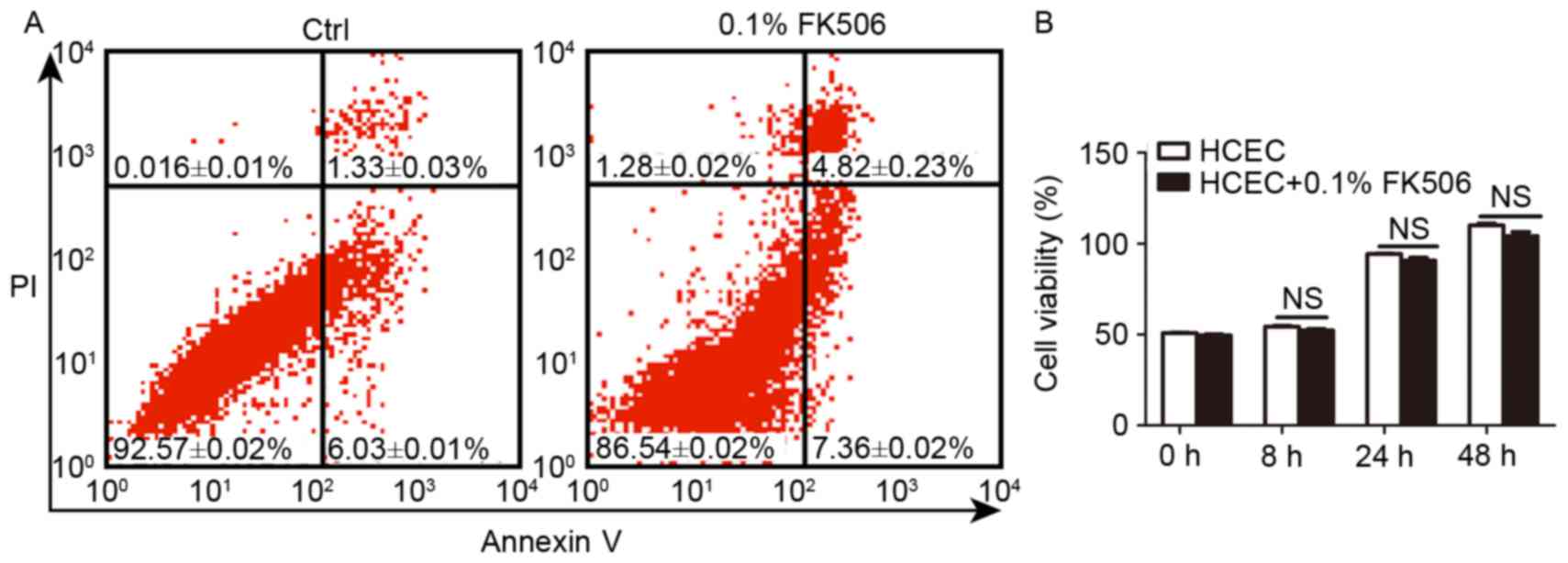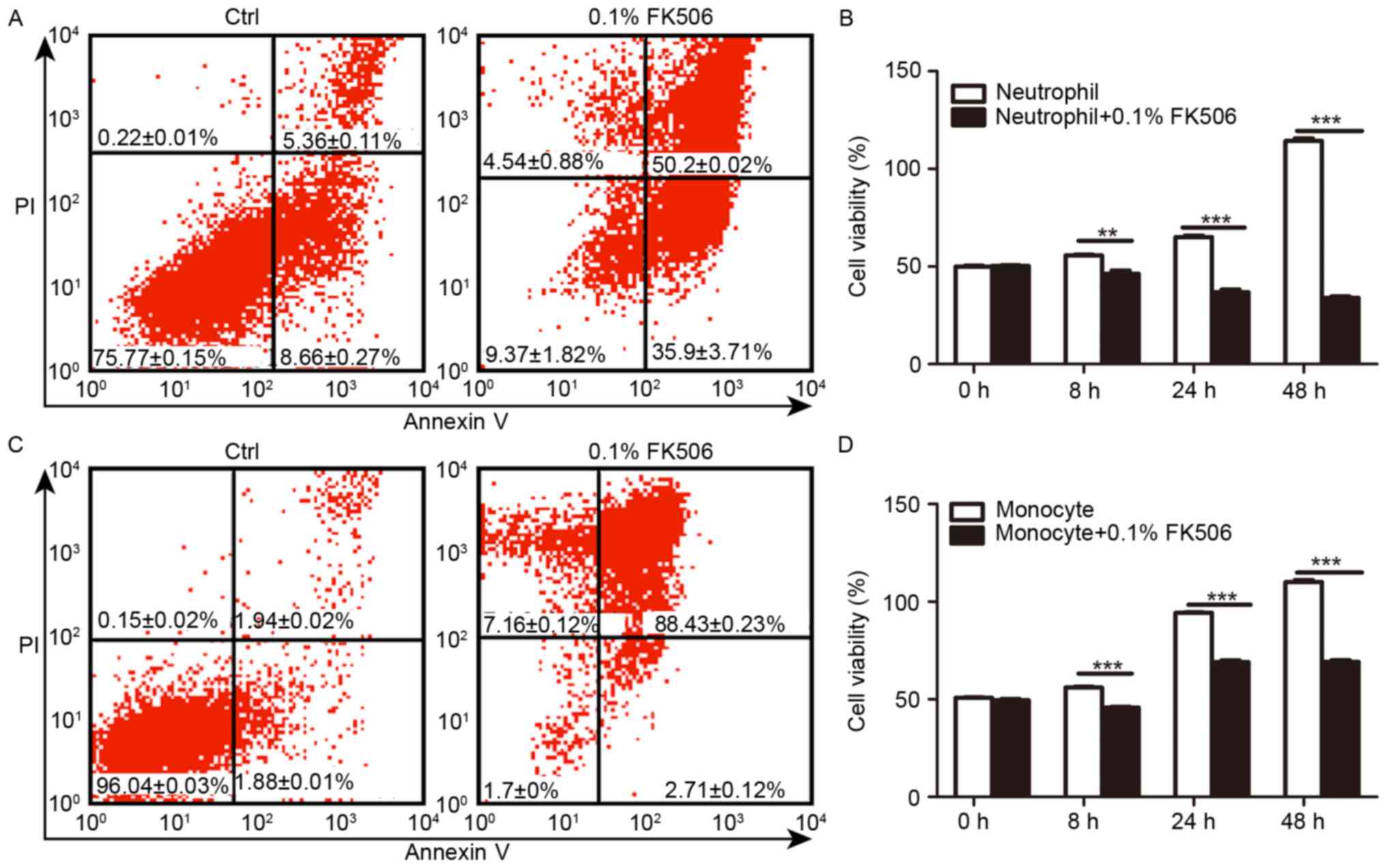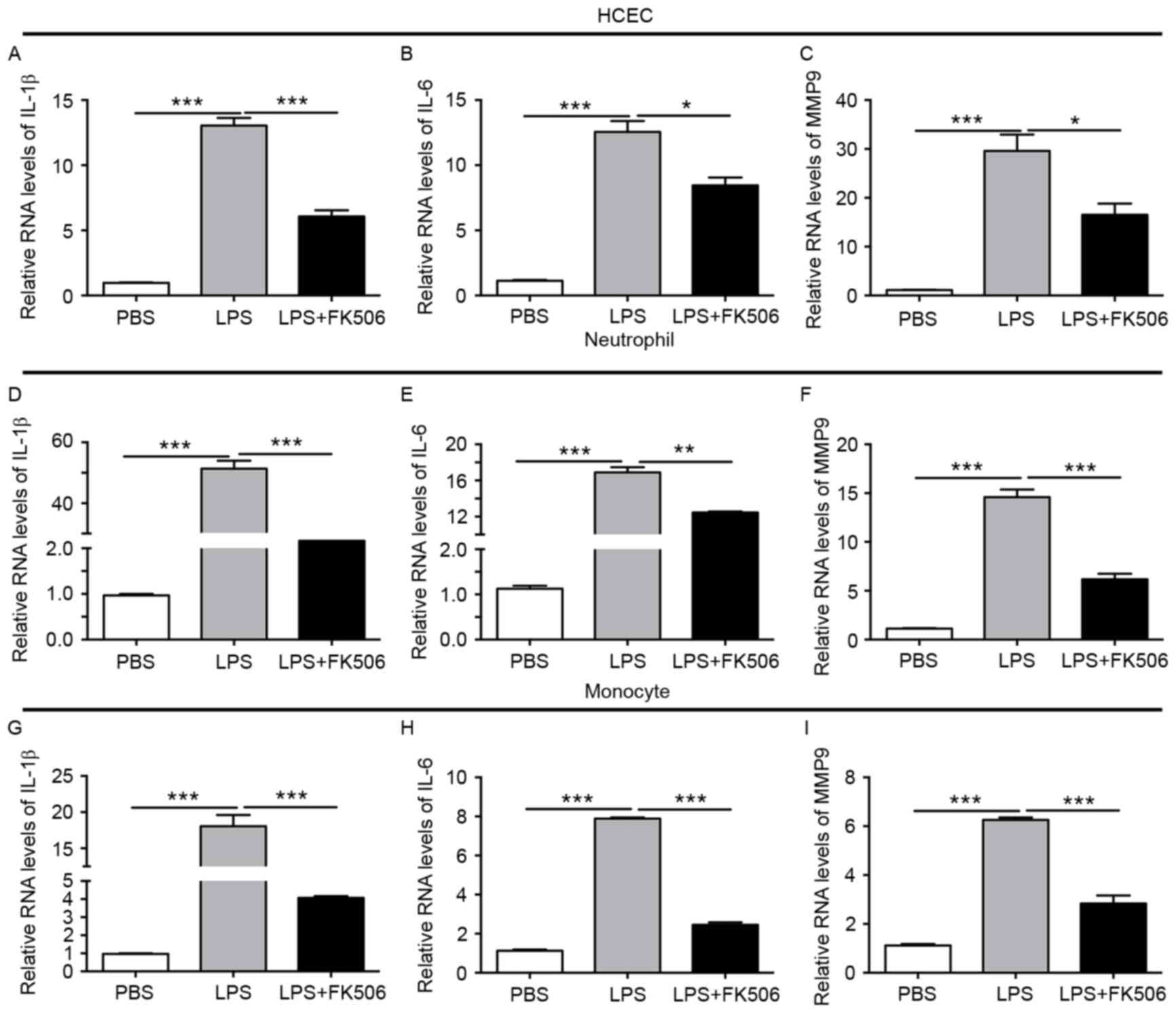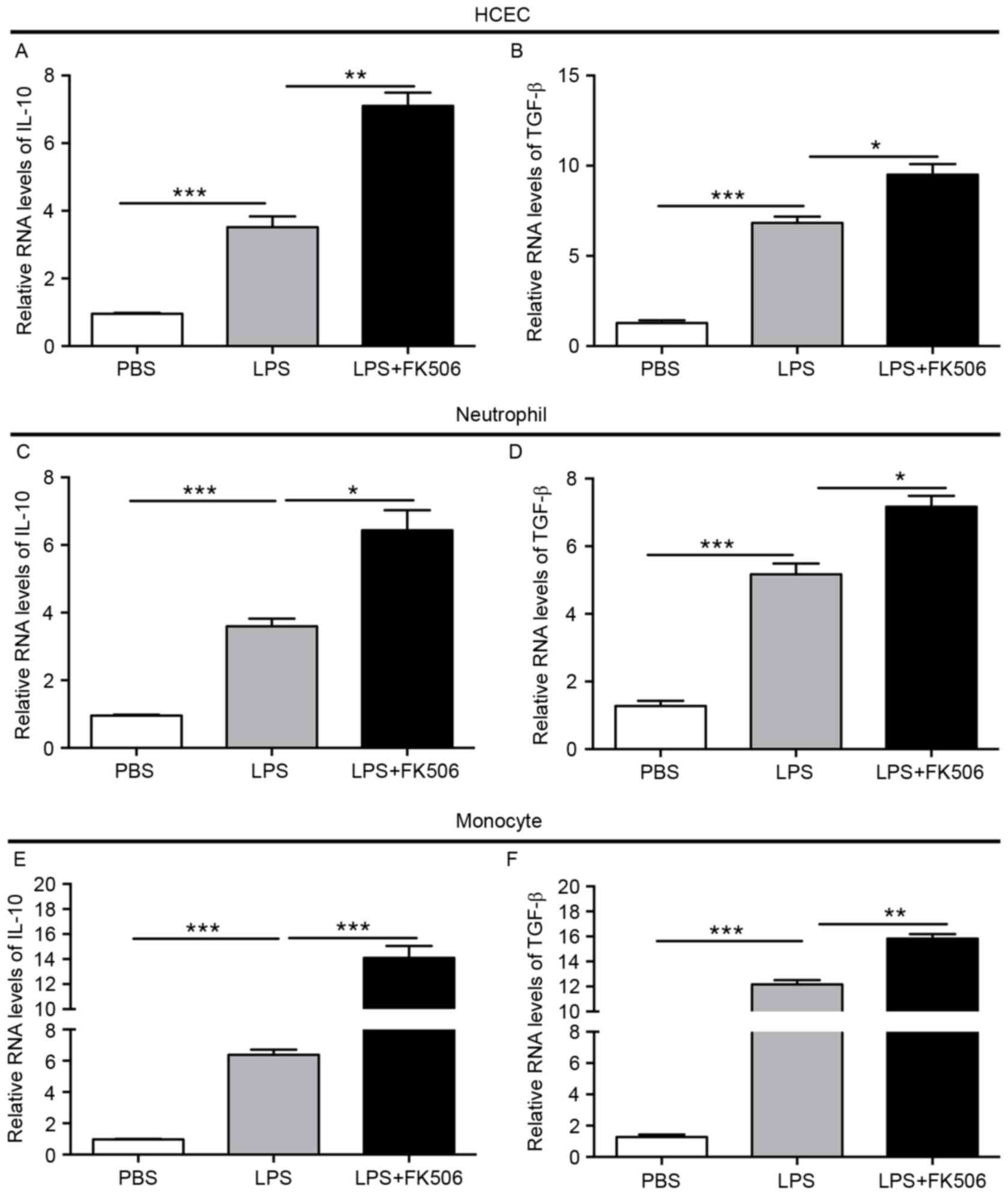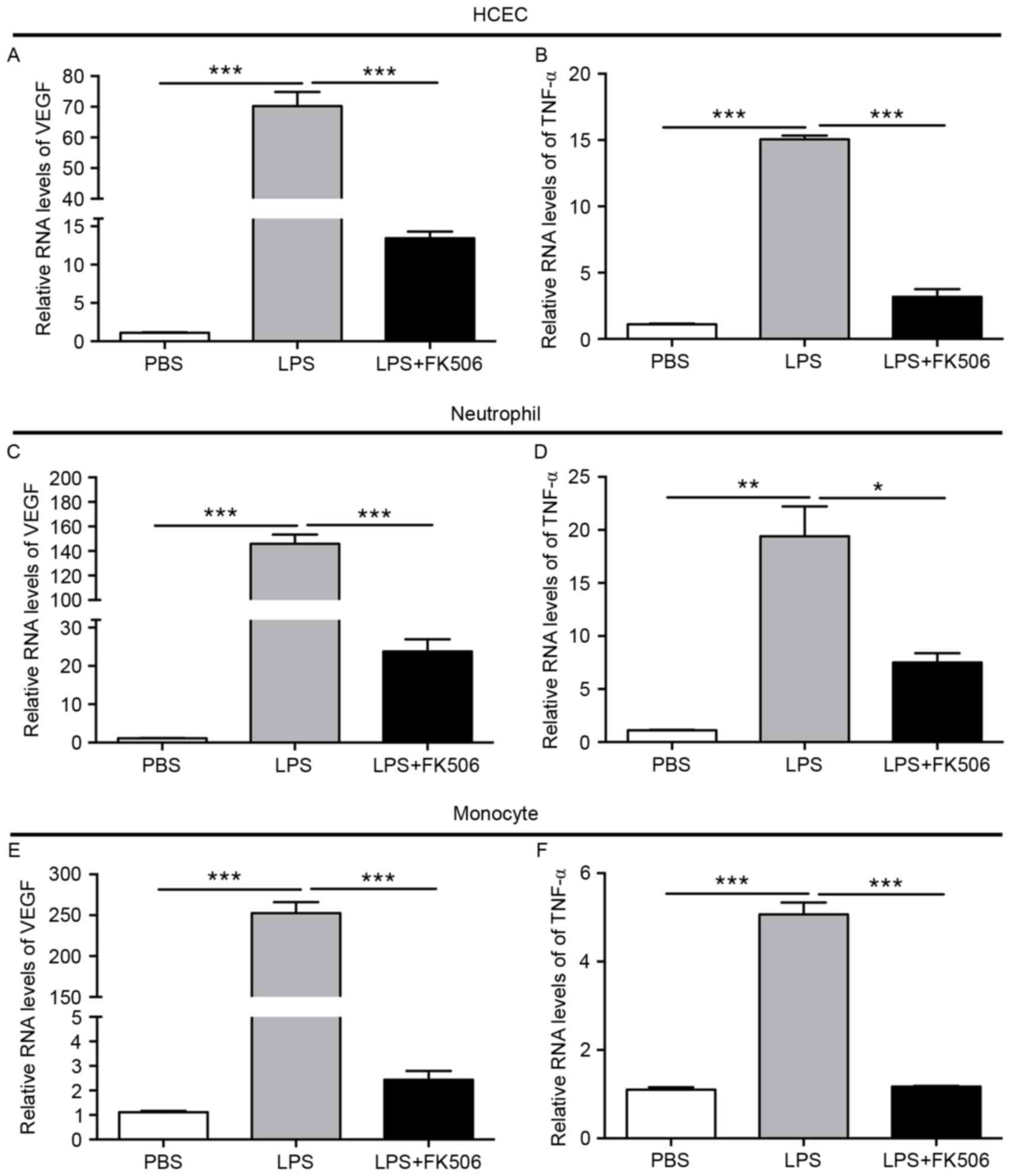|
1
|
Chan TC, Agarwal T, Vajpayee RB and Jhanji
V: Cross-linking for microbial keratitis. Curr Opin Ophthalmol.
27:348–352. 2016. View Article : Google Scholar : PubMed/NCBI
|
|
2
|
Keay L, Edwards K, Naduvilath T, Taylor
HR, Snibson GR, Forde K and Stapleton F: Microbial keratitis
predisposing factors and morbidity. Ophthalmology. 113:109–116.
2006. View Article : Google Scholar : PubMed/NCBI
|
|
3
|
Wong T, Ormonde S, Gamble G and McGhee CN:
Severe infective keratitis leading to hospital admission in New
Zealand. Br J Ophthalmol. 87:1103–1108. 2003. View Article : Google Scholar : PubMed/NCBI
|
|
4
|
Schaefer F, Bruttin O, Zografos L and
Guex-Crosier Y: Bacterial keratitis: A prospective clinical and
microbiological study. Br J Ophthalmol. 85:842–847. 2001.
View Article : Google Scholar : PubMed/NCBI
|
|
5
|
Levey SB, Katz HR, Abrams DA, Hirschbein
MJ and Marsh MJ: The role of cultures in the management of
ulcerative keratitis. Cornea. 16:383–386. 1997. View Article : Google Scholar : PubMed/NCBI
|
|
6
|
Engel LS, Callegan MC, Hobden JA, Reidy
JJ, Hill JM and O'Callaghan RJ: Effectiveness of specific
antibiotic/steroid combinations for therapy of experimental
Pseudomonas aeruginosa keratitis. Curr Eye Res. 14:229–234. 1995.
View Article : Google Scholar : PubMed/NCBI
|
|
7
|
Hazlett LD: Corneal response to
Pseudomonas aeruginosa infection. Prog Retin Eye Res. 23:1–30.
2004. View Article : Google Scholar : PubMed/NCBI
|
|
8
|
Zhou Z, Barrett RP, McClellan SA, Zhang Y,
Szliter EA, van Rooijen N and Hazlett LD: Substance P delays
apoptosis, enhancing keratitis after Pseudomonas aeruginosa
infection. Invest Ophthalmol Vis Sci. 49:4458–4467. 2008.
View Article : Google Scholar : PubMed/NCBI
|
|
9
|
Biswas SK and Lopez-Collazo E: Endotoxin
tolerance: New mechanisms, molecules and clinical significance.
Trends Immunol. 30:475–487. 2009. View Article : Google Scholar : PubMed/NCBI
|
|
10
|
Alaiti S, Kang S, Fiedler VC, Ellis CN,
Spurlin DV, Fader D, Ulyanov G, Gadgil SD, Tanase A, Lawrence I, et
al: Tacrolimus (FK506) ointment for atopic dermatitis: A phase I
study in adults and children. J Am Acad Dermatol. 38:69–76. 1998.
View Article : Google Scholar : PubMed/NCBI
|
|
11
|
Kino T, Hatanaka H, Hashimoto M, Nishiyama
M, Goto T, Okuhara M, Kohsaka M, Aoki H and Imanaka H: FK-506, a
novel immunosuppressant isolated from a Streptomyces. I.
Fermentation, isolation, and physico-chemical and biological
characteristics. J Antibiot (Tokyo). 40:1249–1255. 1987. View Article : Google Scholar : PubMed/NCBI
|
|
12
|
Shao K, Lu Y, Wang J, Chen X, Zhang Z,
Wang X, Wang X, Yang H and Liu G: Different effects of tacrolimus
on innate and adaptive immune cells in the allograft
transplantation. Scand J Immunol. 83:119–127. 2016. View Article : Google Scholar : PubMed/NCBI
|
|
13
|
Hannah J, Casian A and D'Cruz D:
Tacrolimus use in lupus nephritis: A systematic review and
meta-analysis. Autoimmun Rev. 15:93–101. 2016. View Article : Google Scholar : PubMed/NCBI
|
|
14
|
Ge Y, Zhou H, Shi J, Ye B, Peng Q, Lu X
and Wang G: The efficacy of tacrolimus in patients with refractory
dermatomyositis/polymyositis: A systematic review. Clin Rheumatol.
34:2097–2103. 2015. View Article : Google Scholar : PubMed/NCBI
|
|
15
|
Moscovici BK, Holzchuh R,
Sakassegawa-Naves FE, Hoshino-Ruiz DR, Albers MB, Santo RM and Hida
RY: Treatment of Sjogren's syndrome dry eye using 0.03% tacrolimus
eye drop: Prospective double-blind randomized study. Cont Lens
Anterior Eye. 38:373–378. 2015. View Article : Google Scholar : PubMed/NCBI
|
|
16
|
Fei WL, Chen JQ, Yuan J, Quan DP and Zhou
SY: Preliminary study of the effect of FK506 nanospheric-suspension
eye drops on rejection of penetrating keratoplasty. J Ocul
Pharmacol Ther. 24:235–244. 2008. View Article : Google Scholar : PubMed/NCBI
|
|
17
|
Kheirkhah A, Zavareh MK, Farzbod F, Mahbod
M and Behrouz MJ: Topical 0.005% tacrolimus eye drop for refractory
vernal keratoconjunctivitis. Eye (Lond). 25:872–880. 2011.
View Article : Google Scholar : PubMed/NCBI
|
|
18
|
Eris E, Yüksel N, Pirhan D, Karadenizli A,
Aslan M, Gacar G, Erman G, Subaş C, Uzuner H, Yldz DK and Karaöz E:
Evaluation of effect of topical Tacrolimus treatment on herpetic
stromal keratitis in a rat model. Eye Contact Lens. 42:163–170.
2016. View Article : Google Scholar : PubMed/NCBI
|
|
19
|
Huang W, Ling S, Jia X, Lin B, Huang X,
Zhong J, Li W, Lin X, Sun Y and Yuan J: Tacrolimus (FK506)
suppresses TREM-1 expression at an early but not at a late stage in
a murine model of fungal keratitis. PLoS One. 9:e1143862014.
View Article : Google Scholar : PubMed/NCBI
|
|
20
|
Wang Y, Zhou X, Debing Y, Chen K, Van Der
Laan LJ, Neyts J, Janssen HL, Metselaar HJ, Peppelenbosch MP and
Pan Q: Calcineurin inhibitors stimulate and mycophenolic acid
inhibits replication of hepatitis E virus. Gastroenterology.
146:1775–1783. 2014. View Article : Google Scholar : PubMed/NCBI
|
|
21
|
Chen K, Wu Y, Zhu M, Deng Q, Nie X, Li M,
Wu M and Huang X: Lithium chloride promotes host resistance against
Pseudomonas aeruginosa keratitis. Mol Vis. 19:1502–1514.
2013.PubMed/NCBI
|
|
22
|
Rocksen D, Koch B, Sandström T and Bucht
A: Lung effects during a generalized Shwartzman reaction and
therapeutic intervention with dexamethasone or vitamin E. Shock.
22:482–490. 2004. View Article : Google Scholar : PubMed/NCBI
|
|
23
|
Wei H, Yin L, Feng S, Wang X, Yang K,
Zhang A and Zhou H: Dual-parallel inhibition of IL-10 and TGF-b1
controls LPS-induced inflammatory response via NF-κB signaling in
grass carp monocytes/macrophages. Fish Shellfish Immunol.
44:445–452. 2015. View Article : Google Scholar : PubMed/NCBI
|
|
24
|
Kerber-Momot T, Leemhuis D, Lührmann A,
Munder A, Tümmler B, Pabst R and Tschernig T: Beneficial effects of
TLR-2/6 ligation in pulmonary bacterial infection and immunization
with Pseudomonas aeruginosa. Inflammation. 33:58–64. 2010.
View Article : Google Scholar : PubMed/NCBI
|
|
25
|
Knaapen AM, Seiler F, Schilderman PA,
Nehls P, Bruch J, Schins RP and Borm PJ: Neutrophils cause
oxidative DNA damage in alveolar epithelial cells. Free Radic Biol
Med. 27:234–240. 1999. View Article : Google Scholar : PubMed/NCBI
|
|
26
|
Akpek EK and Gottsch JD: Immune defense at
the ocular surface. Eye (Lond). 17:949–956. 2003. View Article : Google Scholar : PubMed/NCBI
|
|
27
|
Chang JH, McCluskey PJ and Wakefield D:
Toll-like receptors in ocular immunity and the immunopathogenesis
of inflammatory eye disease. Br J Ophthalmol. 90:103–108. 2006.
View Article : Google Scholar : PubMed/NCBI
|
|
28
|
Lee HN, Na HK and Surh YJ: Resolution of
inflammation as a novel chemopreventive strategy. Semin
Immunopathol. 35:151–161. 2013. View Article : Google Scholar : PubMed/NCBI
|
|
29
|
Taube MA, del Mar Cendra M, Elsahn A,
Christodoulides M and Hossain P: Pattern recognition receptors in
microbial keratitis. Eye (Lond). 29:1399–1415. 2015. View Article : Google Scholar : PubMed/NCBI
|
|
30
|
Hazlett LD: Role of innate and adaptive
immunity in the pathogenesis of keratitis. Ocul Immunol Inflamm.
13:133–138. 2005. View Article : Google Scholar : PubMed/NCBI
|
|
31
|
Hindman HB, Patel SB and Jun AS: Rationale
for adjunctive topical corticosteroids in bacterial keratitis. Arch
Ophthalmol. 127:97–102. 2009. View Article : Google Scholar : PubMed/NCBI
|
|
32
|
Herretes S, Wang X and Reyes JM: Topical
corticosteroids as adjunctive therapy for bacterial keratitis.
Cochrane Database Syst Rev: CD005430. 2014. View Article : Google Scholar
|
|
33
|
Wilhelmus KR: Indecision about
corticosteroids for bacterial keratitis: An evidence-based update.
Ophthalmology. 109:835–843. 2002. View Article : Google Scholar : PubMed/NCBI
|
|
34
|
Yoshino T, Nakase H, Honzawa Y, Matsumura
K, Yamamoto S, Takeda Y, Ueno S, Uza N, Masuda S, Inui K and Chiba
T: Immunosuppressive effects of tacrolimus on macrophages
ameliorate experimental colitis. Inflamm Bowel Dis. 16:2022–2033.
2010. View Article : Google Scholar : PubMed/NCBI
|
|
35
|
Morris MC, Gilliam EA, Button J and Li L:
Dynamic modulation of innate immune response by varying dosages of
lipopolysaccharide (LPS) in human monocytic cells. J Biol Chem.
289:21584–21590. 2014. View Article : Google Scholar : PubMed/NCBI
|
|
36
|
Shihab F, Christians U, Smith L, Wellen JR
and Kaplan B: Focus on mTOR inhibitors and tacrolimus in renal
transplantation: Pharmacokinetics, exposure-response relationships,
and clinical outcomes. Transpl Immunol. 31:22–32. 2014. View Article : Google Scholar : PubMed/NCBI
|
|
37
|
Aomatsu T, Imaeda H, Takahashi K, Fujimoto
T, Kasumi E, Yoden A, Tamai H, Fujiyama Y and Andoh A: Tacrolimus
(FK506) suppresses TNF-α-induced CCL2 (MCP-1) and CXCL10 (IP-10)
expression via the inhibition of p38 MAP kinase activation in human
colonic myofibroblasts. Int J Mol Med. 30:1152–1158. 2012.
View Article : Google Scholar : PubMed/NCBI
|
|
38
|
Shin MR, Kang SK, Kim YS, Lee SY, Hong SC
and Kim EC: TNF-α and LPS activate angiogenesis via VEGF and SIRT1
signalling in human dental pulp cells. Int Endod J. 48:705–716.
2015. View Article : Google Scholar : PubMed/NCBI
|
|
39
|
Turgut B, Guler M, Akpolat N, Demir T and
Celiker U: The impact of tacrolimus on vascular endothelial growth
factor in experimental corneal neovascularization. Curr Eye Res.
36:34–40. 2011. View Article : Google Scholar : PubMed/NCBI
|
|
40
|
Park JH, Joo CK and Chung SK: Comparative
study of tacrolimus and bevacizumab on corneal neovascularization
in rabbits. Cornea. 34:449–455. 2015. View Article : Google Scholar : PubMed/NCBI
|
|
41
|
Cavagis A, Takamori E, Granjeiro J,
Oliveira R, Ferreira C, Peppelenbosch M and Zambuzzi W: TNFα
contributes for attenuating both Y397FAK and Y416Src
phosphorylations in osteoblasts. Oral Dis. 20:780–786.
2014.PubMed/NCBI
|
|
42
|
Karginov AV, Tsygankov D, Berginski M, Chu
PH, Trudeau ED, Yi JJ, Gomez S, Elston TC and Hahn KM: Dissecting
motility signaling through activation of specific Src-effector
complexes. Nat Chem Biol. 10:286–290. 2014. View Article : Google Scholar : PubMed/NCBI
|
|
43
|
Fischer L, Saliba F, Kaiser GM, De Carlis
L, Metselaar HJ, De Simone P, Duvoux C, Nevens F, Fung JJ, Dong G,
et al: Three-year outcomes in de novo liver transplant patients
receiving everolimus with reduced Tacrolimus: Follow-up results
from a randomized, multicenter study. Transplantation.
99:1455–1462. 2015. View Article : Google Scholar : PubMed/NCBI
|















